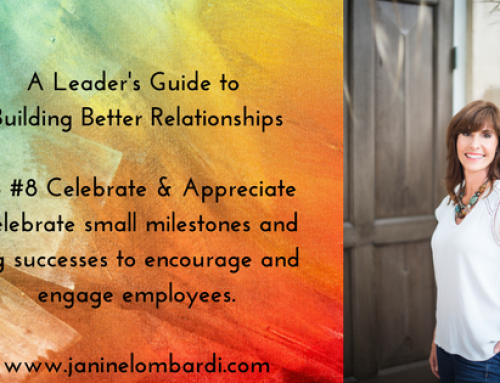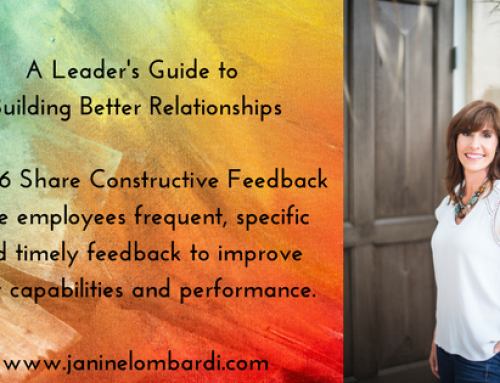Good listening—the active and disciplined activity of probing and challenging the information garnered from others to improve its quality and quantity—is the key to building a base of knowledge that generates fresh insights and ideas.\n\nPut more strongly, good listening can often mean the difference between success and failure in business ventures AND in life.\n\nBy recognizing and practicing these behaviors you can improve your listening skills.\n\nShow Respect\n\nEntering conversations with respect for your discussion partner boosts the odds of productive dialogue. Let everyone around you know you believe each of them had something unique to contribute. The respect you show others is then reciprocated, and it helps fuel an environment where good ideas routinely came from throughout the organization.\n\nKeep Quiet\n\nApply the 80/20 rule. Try this guideline, your conversation partner should be speaking 80% of the time, while you speak only 20% of the time. And make your speaking count by posing questions rather than trying to have your own say.\n\nIt’s a leader’s role to draw out critical information and put it in a new light. To harness the power of ideas, leaders must fight the urge to “help” others by providing immediate solutions.\n\nChallenge Assumptions\n\nGood listeners seek to understand—and challenge—the assumptions that lie below the surface of every conversation\n\nLeaders often struggle as listeners because they don’t relax their assumptions and open themselves to the possibilities that can be drawn from conversations with others.\n\nIt’s not easy to stifle your impulse to speak, but with patience and practice you can learn to control the urge and improve the quality and effectiveness of your conversations by weighing in at the right time.\n\nAs you improve your ability to stay quiet, you can begin to use silence more effectively. It allows people space to speak up and fill in these moments with new information that can lead to better solutions. Silence also improves the odds of spotting nonverbal cues that might have been missed otherwise.\n\nI’ve observed that good listeners tend to make better decisions, based on better-informed judgments, than ordinary or poor listeners do—and hence tend to be better leaders. By showing respect to our conversation partners, remaining quiet so they can speak, and actively opening ourselves up to facts that undermine our beliefs, we can all better cultivate this valuable skill.






Leave A Comment